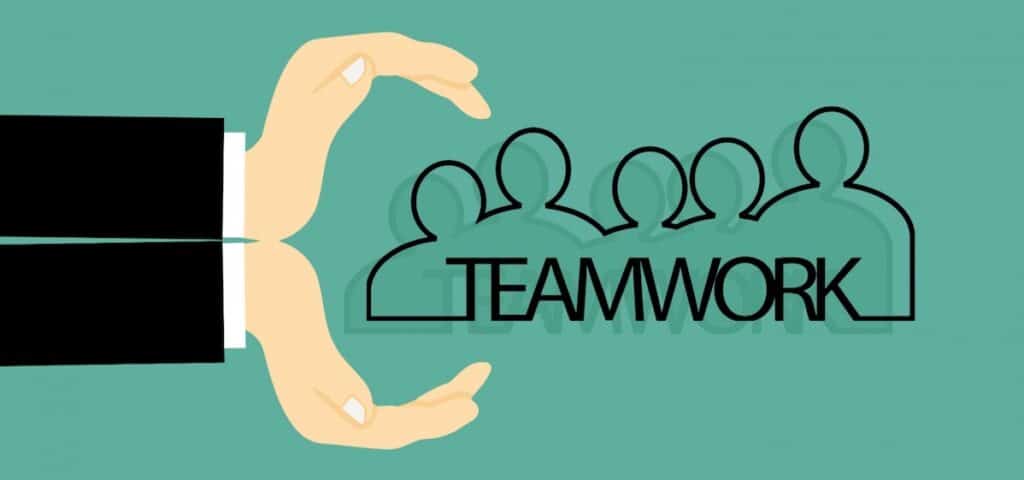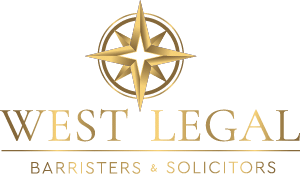Alberta Estate Administration: Who’s Involved?
As an Estate Executor (Personal Representative) in Alberta, you might sometimes feel as though you’re being pulled in dozens of different directions. Beneficiaries will want their shares of the Estate as soon as possible. Family members who were left out of the Will may contact you wondering why. Your probate lawyer may ask you to produce a laundry list of documentation in short order. The Canada Revenue Agency (CRA) will want to ensure that the deceased’s taxes are paid on time. Creditors may call to settle old debts. Utility companies may continue to withdraw automatic bill payments after the deceased has passed away. You may have to sell the deceased’s house into a depressed real estate market.
These are just a few of the challenges that you’ll face as an Estate Executor while administering the deceased’s Estate. The challenges involved with Estate administration, and the varied interests, people, and organizations that you’ll have to deal with throughout the process highlight the importance of a team approach to Estate Executorship.

A Team Approach
At West Legal, we strongly believe that Estate Administration requires a team approach. If you’re an Estate Executor, it’s important that you work closely with the following people to ensure that the Estate is distributed expeditiously and in a streamlined manner, while minimizing your potential legal liability.
A Knowledgeable Probate Lawyer
Even if you don’t hire a lawyer to complete the probate application on your behalf, it’s important to, at minimum, consult with a qualified Wills & Estates lawyer to determine whether probate is necessary and whether there are any aspects of the Estate administration process that you may have overlooked.
An Experienced Tax Accountant
As an Estate Executor, you’ll need to file tax returns for both the deceased, and the Estate, and obtain a Clearance Certificate from the Canada Revenue Agency (CRA). It’s important to seek the advice and services of an experienced tax accountant who can advise you and help you complete any necessary returns.
A Qualified Financial Planner
If you’re responsible for holding Estate funds in trust for any period of time, perhaps for a minor beneficiary or otherwise, it’s worthwhile to hire a qualified financial planner from one of the major banks or investment advisories. Doing so reduces the likelihood of you being sued down the road for mismanagement of Estate funds.
The Funeral Home
While people traditionally understand funeral homes’ roles to include preparing the deceased’s body for burial or cremation and arranging a memorial service, funeral homes are also a valuable resource in other ways. They’ll provide you with a death certificate, which you’ll need to provide to various institutions, and they’ll often assist you with applying for the Canada Pension Plan (CPP) death benefit if the deceased qualifies for it.

The Loved Ones of the Deceased
In certain cases, the deceased’s family members or loved ones aren’t named as the Estate’s Executor, or as beneficiaries in the Will. While your probate lawyer will help you determine what your formal legal obligations are to the spouse, partner, children, or other relatives of the deceased, it’s important that you maintain courteous relationships with the deceased’s loved ones during what is an undoubtedly difficult time.
Conversely, it’s important that you maintain control of the Estate, and don’t allow loved ones to ‘intermeddle’ with the deceased’s assets where they’re not entitled to do so. It can be difficult to balance your obligations to the Estate while maintaining productive relationships with the deceased’s family members and loved ones—your probate lawyer is a good resource who can help you navigate this challenging aspect of Estate Administration.
The Deceased’s Financial Institutions
As of the writing of this article, 3 of Canada’s 10 largest publicly-traded companies by market capitalization are banks. It can, at times, be difficult to deal with large financial institutions that handle a wide range of transactions on a daily basis. Regardless of whether the deceased banked with a small credit union or one of Canada’s ‘big 5’ banks, it’s important that you find someone at a local branch whom you can trust and who is willing to work with you. This may take a little persistence on your part, but finding someone at your local bank branch who can help you open an Estate account, consolidate existing accounts, and release the deceased’s funds to the Estate, will make the Estate distribution process easier.
In addition to banks and credit unions, the deceased may have held assets with an online investment brokerage or one of Canada’s life insurers or asset managers. You’ll need to work closely with these companies or individuals to ensure that the deceased’s investment holdings are liquidated in a timely and tax-efficient manner.
A Local Realtor
Oftentimes, a deceased leaves a house or apartment behind when they pass away. The deceased may have also held one or more rental properties. It’s important to establish a relationship with a local realtor who knows the local market and can help you determine the best time to sell the deceased’s property, the right asking price, and whether renovations or repairs will add any value to the Estate in the long run.
The Estate’s Beneficiaries
As an Executor, dealing with Estate beneficiaries can be tricky. It’s your duty, as the Estate’s Executor, to ensure that the Estate is distributed in a timely manner. You also have other obligations to Estate beneficiaries. A qualified probate lawyer can help you understand and meet those obligations. Your probate lawyer will also help you meet your deadlines in a timely manner, which will reduce the likelihood of unwanted inquiries from overeager or unrealistic beneficiaries.
It’s also important that you maintain positive relationships with the Estate’s beneficiaries. Even if you’re an honest Executor and keep careful records of your handling of Estate funds, a beneficiary-instigated court inquiry into your handling and distribution of Estate assets will likely be time-consuming, expensive, and stressful. You greatly reduce the likelihood of any such challenge by being respectful, polite, informative, communicative, and prompt with the Estate’s beneficiaries.
Government Institutions
During the Estate administration process, you’ll likely need to deal with various government and quasi-governmental organizations such as the Canada Revenue Agency (CRA), Canada Pension Plan (CPP), Veteran’s Affairs (VA), Canada Post, the Alberta Land Titles Office, Alberta Registries, the Canada Savings Bond Program, and other such institutions.
Extra-Provincial Organizations/Lawyers
If the deceased owned property or assets outside of Alberta, you may need to deal with various organizations and individuals in another province or country. In some cases, you may need to hire an out-of-province lawyer to assist you with an extra-provincial probate application or other legal matters.
Let Us Help You Build Your Team!

If you’re an Estate Executor or Personal Representative, the experienced probate lawyers at West Legal can help you build your team. We’re able to refer you to qualified realtors, accountants, financial advisors, funeral homes, and other resources while guiding you through the legal aspects of the Estate administration process. If you’d like to get started, contact the Wills & Estates lawyers at West Legal today for a free-of-charge, no-obligation consultation.

